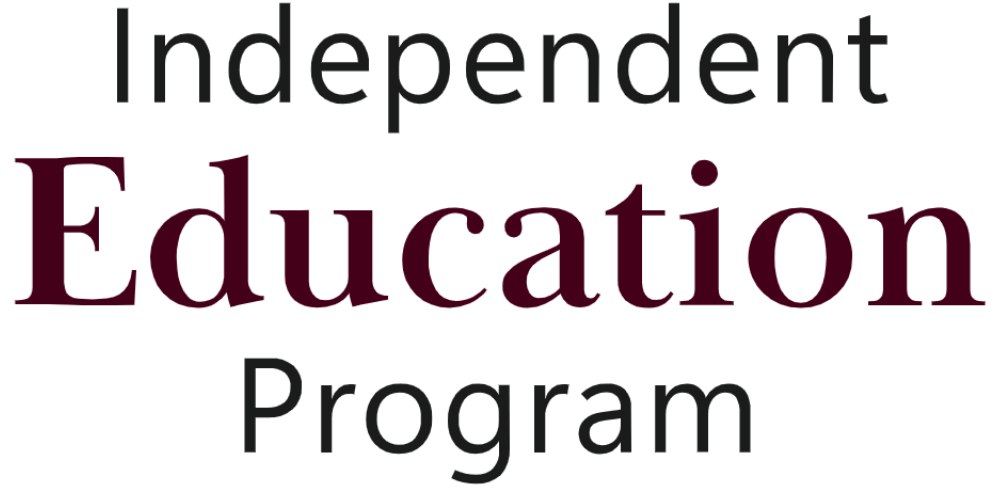Wasatch Regional High School Ethics Bowl
The Independent Education Program is hosting the Wasatch Regional High School Ethics Bowl for the 2024-2025 School Year
The Wasatch Regional Competition will be held at UVU on January 25, 2025, and will be hosted by The Independent Education Program in partnership with UVU's department of Philosophy and Humanities.
The 2024-2025 Wasatch Regional High School Ethics Bowl is in coordination with the National High School Ethics Bowl (NHSEB). Winning teams from the Wasatch Region will be selected to compete in the 2025 National Competition.
The cases for the competition are here. The following cases have been excluded from the competition: "It Tastes Like Dog Food," "R U Kidneying Me?," and "Work to Live or Live to Work."
What is an Ethics Bowl?
An Ethics Bowl competition differs from debate events in that teams focus on developing ethically sound positions on real-world issues (called "cases").
The goal is to create a thoroughly considered stance on the provided cases, not to be "right" in an argument.
In each Ethics Bowl round, opposing teams take turns analyzing different ethical dilemmas, allowing teams to take whatever stance they think is the most reasonable.
"Ethics Bowls are competitive yet collaborative events in which students discuss real-life ethical issues. In each round of competition, teams take turns analyzing cases about complex ethical dilemmas and responding to questions and comments from the other team and from a panel of judges." (NHSEB)
Wasatch Regional Ethics Bowl Details
The Wasatch Regional Ethics Bowl Competition will be held at UVU on January 25, 2025. Details regarding registering your high school team, as well links to the competition are coming soon.
Date & Times
- Competition Date: January 25, 2025
- Check In- 8:30-9:00
- Orientation 9:00-9:15
- First Round 9:30-10:30
- Second Round 10:45-11:45
- Lunch 11:45-12:45
- Third Round 12:45-1:45
- Fourth Round 2:00-3:00
- Tabulation 3:00-3:30
- Awards 3:30-4:00
Resources Links
2024-2025 Regional Case Set (Provided by the NHSEB)
*Note: The following cases will be excluded from the case set
- RU Kidneying Me
- It Tastes Like Dog Food
- Work to Live or Live to Work
